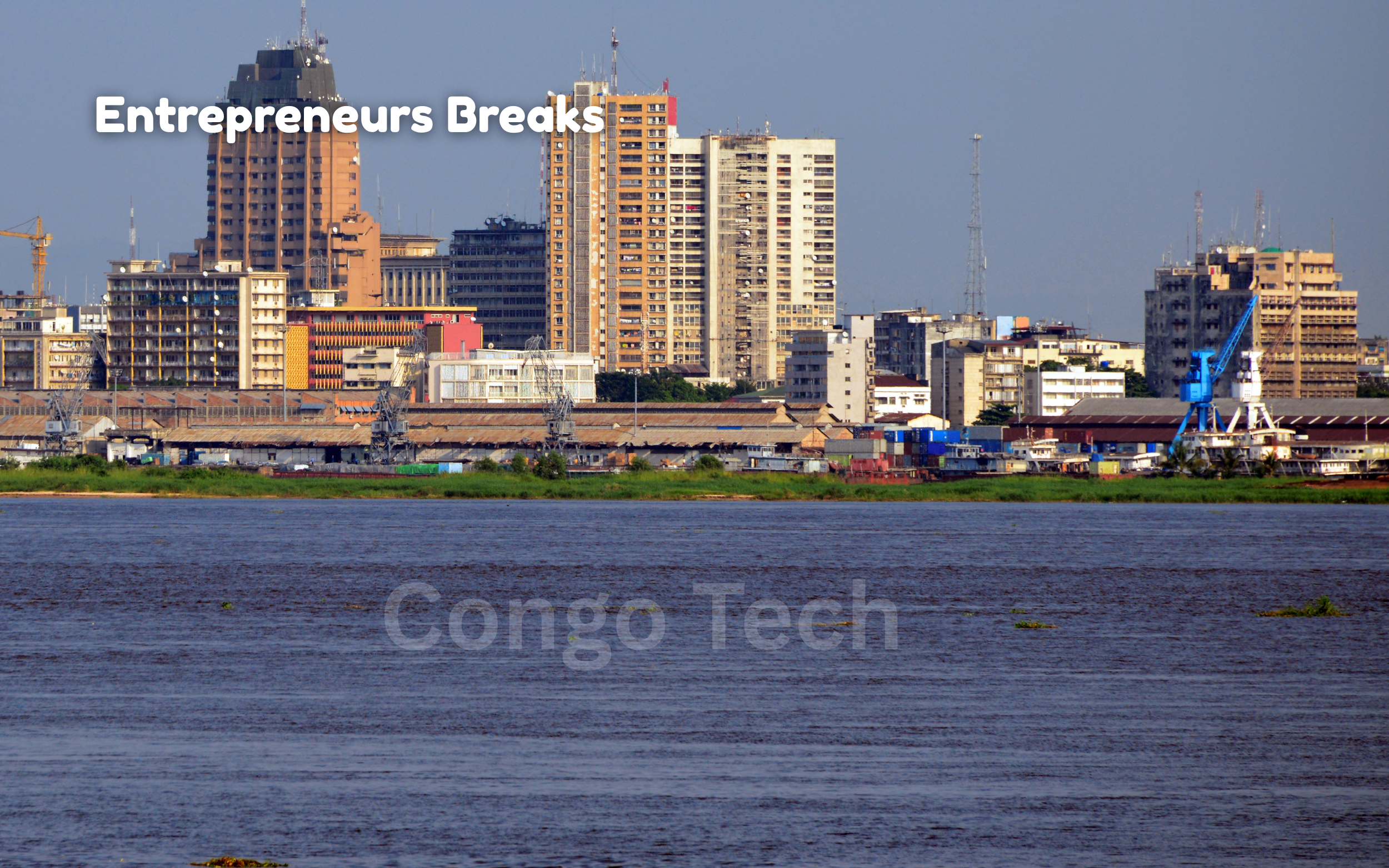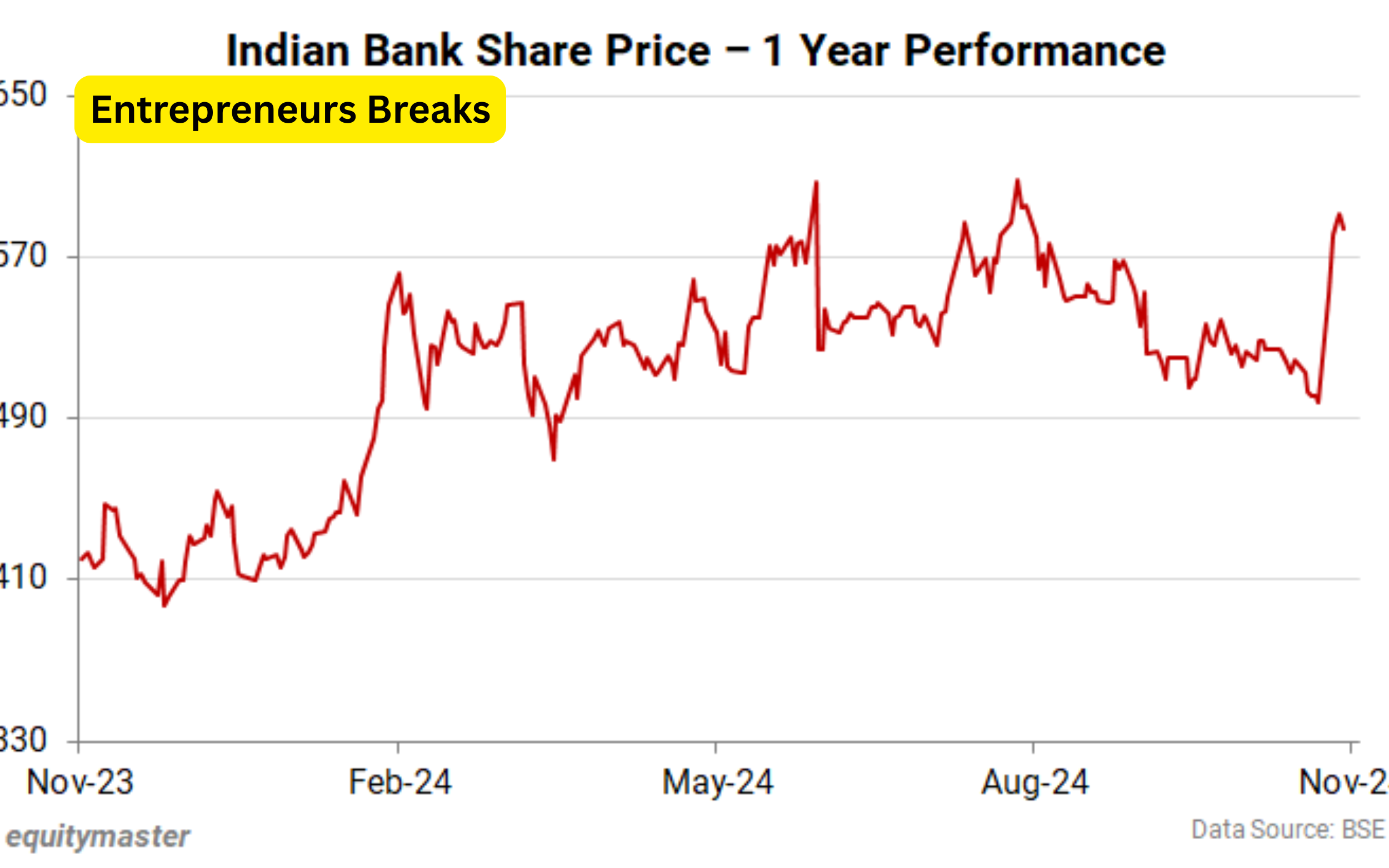Congo Tech is leading a powerful digital revolution in Africa, blending innovation with local solutions to transform communities.
From mobile apps to education platforms, this movement empowers youth, drives growth, and creates opportunities.
With each breakthrough, Congo Tech brings Africa closer to a connected, tech-driven future.
What is Congo Tech? A Glimpse into Africa’s Rising Tech Power
Congo Tech represents the growing wave of technological advancement taking place in the Democratic Republic of Congo.
With increasing access to internet connectivity, mobile devices, and entrepreneurial talent, the nation is experiencing a digital awakening that was once thought to be decades away.
Startups, developers, and tech enthusiasts are coming together to build platforms, apps, and systems tailored to solve uniquely Congolese problems.
These range from mobile banking in remote villages to agriculture solutions that help farmers access real-time data.
As more youth engage in coding bootcamps and incubators, the ecosystem continues to evolve.
The rise of Congo is a reflection of how necessity drives innovation in regions often overlooked by global tech giants.
Its potential to shape Africa’s tech future is immense, especially as local solutions begin to scale
In essence, Congo Tech symbolizes more than just technology—it’s a movement of empowerment, resilience, and forward-thinking innovation.
The Evolution of Congo’s Tech Industry Over the Years
Over the past decade, the tech industry in Congo has evolved from a scattered set of initiatives into a structured ecosystem.
However, as internet infrastructure slowly expanded and mobile usage skyrocketed, a new wave of entrepreneurs emerged.
Foreign investment began trickling into the country, and Congolese youth started forming startups to address issues like transportation, education, and health care.
Local universities and coding hubs sprang up, focusing on digital literacy and software development.
Today, the tech scene is more dynamic than ever, with innovation hubs and coworking spaces becoming commonplace in cities like Kinshasa and Lubumbashi.
Despite the challenges of infrastructure and funding, this transformation highlights the resilience and creativity of Congolese innovators.
Congo Tech now stands as a testament to how grassroots movements, when supported by community and global interest, can drive national development.
Top Startups and Innovators Leading the Congo Tech Movement
Several Congolese startups are making waves both regionally and internationally, leading the charge in the Congo Tech revolution.
Companies like Waived are revolutionizing healthcare by offering telemedicine solutions to underserved communities.
Meanwhile, Schooler is bridging the educational gap with e-learning tools tailored for the local curriculum.
Innovators like Alain Nteff and Fabrice Shema are creating scalable, tech-based solutions for everyday problems.
These pioneers are proving that world-class innovation can emerge from Central Africa.
These startups often operate with limited resources but use clever strategies to remain sustainable and impactful.
Many receive support from international incubators and NGOs, helping them scale their operations.
Congo Tech is being shaped by these trailblazers, who are redefining what’s possible through sheer determination, creativity, and a strong understanding of their communities’ needs.
How Congo Tech is Empowering Local Communities
One of the most significant impacts of Congo Tech is its ability to empower local communities at the grassroots level.
By introducing digital tools to everyday life, tech startups are helping people gain better access to services and opportunities.
For instance, farmers are using mobile platforms to check crop prices and weather updates, ensuring better planning and profit.
Local women entrepreneurs are accessing microloans and selling products through e-commerce platforms.
Educational apps are reaching rural areas where traditional schools are scarce.
Moreover, tech-based job training programs are giving youth a new path forward, especially in areas plagued by unemployment.
Through mentorship, coding bootcamps, and business incubation, communities are gaining both knowledge and confidence.
The ability to solve problems locally fosters self-reliance and reduces dependency on outside aid.
This is the real power of Congo Tech—not just the innovation, but the inclusive progress that uplifts every layer of society.
Government and Private Sector Support in Driving Congo Tech Growth
The success of Congo Tech is not just the result of grassroots innovation—it is also supported by increasing involvement from the government and private sector.
Recognizing the potential of digital transformation, Congolese authorities have begun launching ICT-focused policies, funding youth programs, and encouraging foreign tech investment.
Initiatives like the National Digital Plan aim to create a sustainable digital economy by improving internet infrastructure and supporting tech education.
On the other hand, telecom companies and banks are investing heavily in digital services to meet the growing demand for mobile banking, fintech, and cloud solutions.
Private investors and international development agencies are also playing a role by funding startups and building incubators.
This public-private collaboration is crucial for scaling innovation across the country.
With consistent support, Congo Tech is on the path to becoming a stable and impactful pillar of national development, opening doors to new economic and social opportunities.
Challenges Facing Congo Tech and the Road Ahead
Despite its promising growth, Congo Tech faces a range of challenges that hinder its full potential.
Limited access to reliable electricity and internet services in many parts of the country makes it difficult for startups to operate effectively.
Funding remains a significant barrier—many local innovators struggle to find seed capital or attract investors willing to take risks in emerging markets.
Additionally, there is a gap in advanced technical training and mentorship opportunities, which slows down the development of high-quality products.
Legal and regulatory uncertainties can also be problematic for entrepreneurs trying to register or scale their businesses.
Yet, these challenges are not insurmountable.
With growing international attention and domestic efforts to improve infrastructure and digital literacy, there is hope on the horizon.
Congo Tech’s Role in Africa’s Digital Transformation
Congo Tech as one of the continent’s largest and most resource-rich nations, the Democratic Republic of Congo holds strategic importance.
The growth of its tech sector can influence regional innovation trends and provide scalable solutions to common African challenges.
From mobile health applications to blockchain-based land registries, Congolese developers are creating tools that can be adopted across borders.
The movement is also building a pan-African identity, where collaboration and knowledge sharing are central.
Events like tech summits and hackathons are fostering relationships with startups from neighboring countries, driving regional unity through innovation.
Additionally, the emergence of Congo Tech highlights how developing nations can leapfrog traditional development stages through digital transformation.
As more African countries embrace technology to solve local problems, Congo Tech stands out as both an inspiration and a practical contributor to a more connected, inclusive, and digitally empowered continent.
Education and Skill Development in the Congo Tech Ecosystem
Education is the backbone of any tech ecosystem, and in Congo, it’s becoming a major priority.
From coding bootcamps in Kinshasa to university programs specializing in software engineering, a new generation of tech-savvy youth is emerging.
Initiatives like Kinshasa Digital Academy and KivuHub are equipping students with hands-on experience in coding, UX design, and app development.
Online platforms are also being used to deliver digital skills training to rural areas.
These efforts are closing the skills gap that once limited Congo’s participation in the global tech space.
International partnerships and scholarships are expanding access to global knowledge and networks.
As educational access improves, more young people are seeing technology as a viable career path.
The development of local talent ensures long-term sustainability of Congo Tech, as homegrown innovators are better equipped to create relevant, impactful solutions.
It’s not just about learning tech—it’s about building confidence, opportunity, and a better future.
Future Trends: What’s Next for Congo Tech?
Looking ahead, the future of Congo Tech appears incredibly promising.
Emerging technologies like artificial intelligence, blockchain, and IoT are beginning to capture the interest of Congolese developers.
As access to better hardware and infrastructure grows, the ability to build more sophisticated solutions will increase.
E-commerce is set to explode, driven by mobile payment systems and growing internet penetration.
Healthtech and agritech innovations are expected to grow rapidly as the country looks for sustainable ways to meet its development goals.
There’s also a strong push towards green tech and renewable energy integration, aligning innovation with environmental consciousness.
With an expanding youth population hungry for change, Congo is primed to lead Africa’s next digital leap.
International tech firms are also eyeing partnerships in the region, adding credibility and resources.
As these trends converge, Congo Tech is poised not only to transform.
The nation but to contribute significantly to the global tech narrative in years to come.
Why the World Should Pay Attention to Congo Tech Now
The global tech community cannot afford to ignore the momentum building within Congo Tech.
In a world where innovation is often dominated by a few major players, Congo offers a refreshing and inspiring perspective.
The ingenuity of solving real-life problems with limited resources proves that creativity and resilience can rival the best-funded tech ecosystems.
By investing in and supporting this movement, the world stands to gain access to new markets, ideas, and collaborative opportunities.
Additionally, strengthening Congo’s tech sector can have ripple effects across Africa, encouraging stability, education, and economic growth.
As issues like climate change, public health, and digital equity become global concerns, the unique insights and solutions emerging from Congo will be invaluable.
More importantly, the rise of a story of hope—a reminder that innovation knows no boundaries and that progress can come from the most unexpected places if given the chance and support.
FAQs
Q1: What is Congo Tech?
Congo Tech refers to the growing ecosystem of technology startups, digital innovators, and tech-driven solutions emerging from the Democratic Republic of Congo.
Q2: Why is Congo Tech important?
It represents the country’s leap toward digital transformation, creating jobs, solving local problems, and driving economic growth.
Q3: What challenges does Congo Tech face?
Key challenges include poor infrastructure, limited funding, and lack of advanced training, but the ecosystem continues to grow despite them.
Q4: Are there any notable startups in Congo Tech?
Yes, startups like WapiMED, Schoolap, and Habari RDC are leading innovation in healthcare, education, and media.
Q5: How can I support or invest in Congo Tech?
You can engage through partnerships, mentorship programs, funding initiatives, or by promoting awareness of its growth and potential.














Leave a Reply